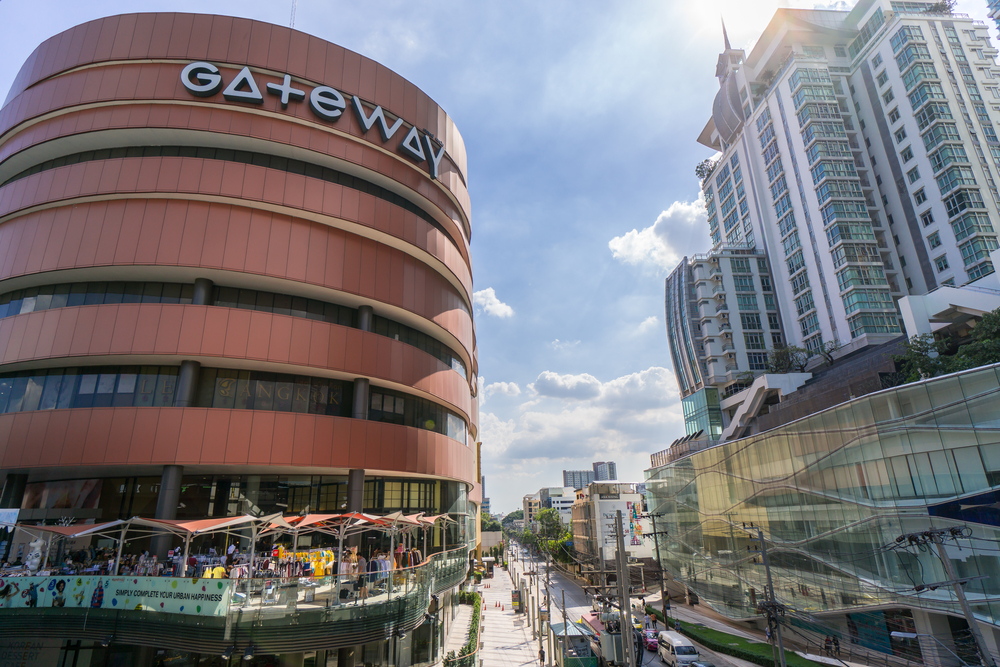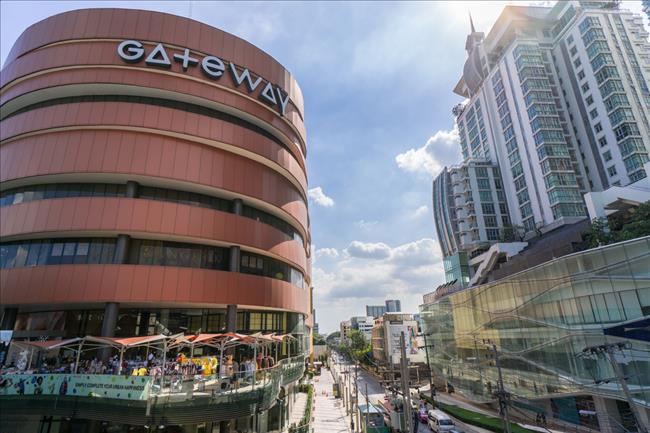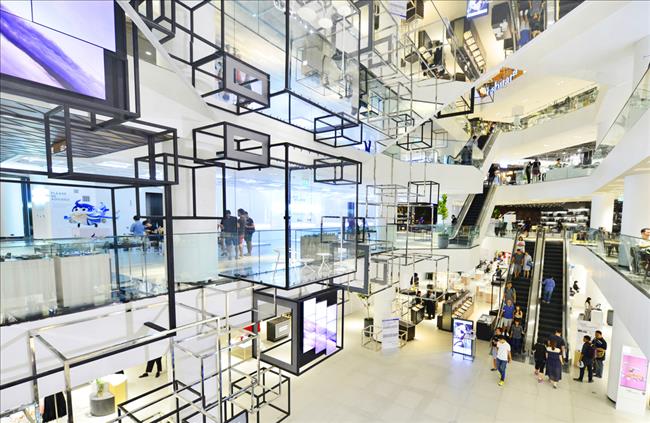Japanese Continue to Keep Strong Ties with Thailand


The Thai and Japanese have more than their respectful and hospitable cultures in common; both countries have shared an ongoing mutual respect that has resulted in the past four decades seeing a tenfold increase in the numbers of Japanese living in Thailand. We take a look at the draw of Thailand for the volumes of expatriates (and investors) from the land of the rising sun:
Enclaves away from home
Japanese tend to be rather insular in nature, enjoying their own privacy - often creating communities wherever they reside. Thailand has provided a conducive platform for these cultural tendencies.
An example of this is seen in Bangkok - along Sukhumvit between Phrom Phong and Ekamai – where it is not uncommon to hear Japanese spoken among the plethora of businesses (restaurants and such) - set up to service the thousands of Japanese that reside in the area. Another example of how the area has catered aptly to the large Japanese demographic is seen in the construction of Gateway Ekamai – a shopping mall catering to the Japanese. The mall is described as an epitome of Japanese lifestyle that Thai people embrace readily with a mix of restaurants, clothes stores, health and beauty shops, as well as an edutainment centre, a large IT zone and a 24 hour supermarket.
The familiarity enjoyed by the two Asian cultures has resulted in the amalgamation of Thai-Japanese fusion products such as food, merchandise and architecture. Restaurants like Maki on Fifth, Koi and Isao boast unique flavours that draw inspiration from both Thai and Japanese cuisine. The merger of cultures is also evident in their retail industry, with their newly refurbished Siam Discovery at Siam Square, whose new cutting-edge design was created by acclaimed Japanese designer, Oki Sato of Nendo Studio. The mall houses notable Japanese brands like Loft and World of Issey Miyake.
To cater to the growing demand for Japanese products in Thailand, we are seeing waves of Japanese companies setting up shop in Thailand. Famous Japanese clothing brand, BEAMS, has opened 2 outlets in Paragon and EmQuartier. Japanese discount megastore, Don Quijote (Donki), is opening their first Southeast Asian branch at Ekamai mall. Other big Japanese names include Tokyu Department store in MBK Centre, Uniqlo, Saboten, Maisen, Nantsuttei, Coco Ichiban Curry, Ootoya, Pablo Cheesecake and Fuji Super.

Property development catering to Japanese tastes
The property developments around the area have been tailored towards investments from Japan – an example of this is seen in the Mori Haus project (scheduled for completion in Q4 2017) – a Thai-Japanese resort condo fitted with details such as bathtubs to suit the Japanese. The development has been said to be targeted at the growing neighbourhood of Japanese expats, making it suitable for rental opportunities, supported by a lifestyle mall and international school soon to be built in the area.
The latest development that caters to the Japanese expatriates in Thailand is Taka Haus, a bespoke property in Ekamai that boasts diverse creative spaces, adjustable and configurable to one’s specific needs. A joint project between Sansiri and the Tokyu Corporation, Taka Haus is a physical embodiment of the bonds evident between Japan and Thailand.
Japanese investor numbers rising dramatically
The figures speak for themselves. Japan ranked as the biggest foreign investor in Thailand in 2016, with investments totalling 79.6 billion baht across 284 projects. From a financial point of view, there are many reasons for this.
Thailand’s bureaucracy is well organised, with government policy and regulations related to foreign investment being relatively stable and transparent. Another inviting factor is that Thailand maintains well-developed infrastructure. An example of this comes in the form of electricity, paving the way for the power supply to plants, roads and industrial estates. The long-time presence of many Japanese companies in Thailand, mainly automobile-related businesses, has created a fairly comprehensive supply chain – a factor that attracts manufacturers.
Relationship moving forward
The Thai government has already made clear their plans to strengthen relationships with the Japanese - seen through measures taken to persuade Japanese companies to invest in four zones of the targeted industries in the Eastern Economic Corridor - during their visit to Thailand this month. There is no doubt that the relationship between both countries will get stronger over the next several years, both on an economic as well political level.
